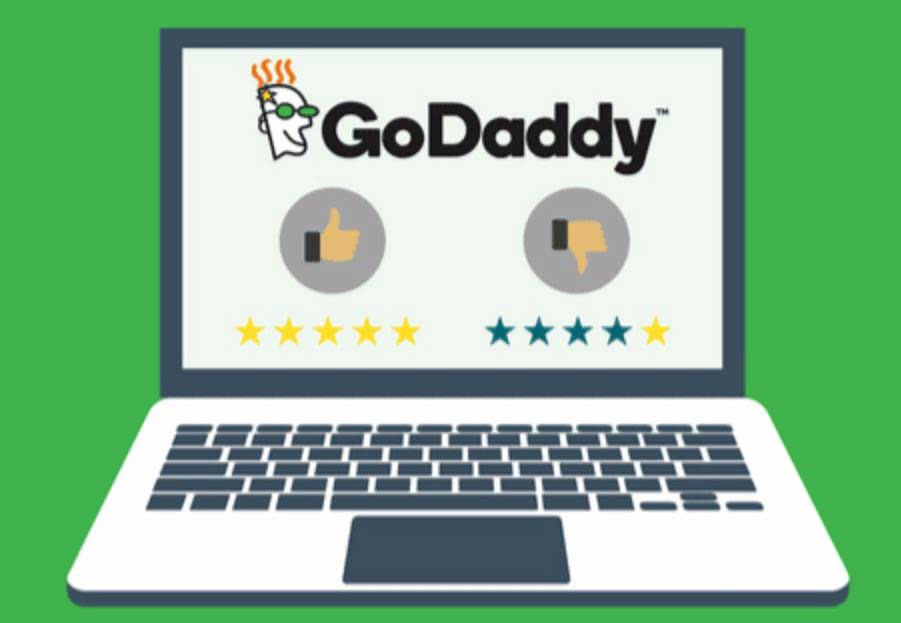
A full charge bookkeeper manages the ins and outs of the general ledger. They perform a month-end closing, running a trial balance to verify that the general ledger isn’t off. Like an accountant, a full-charge bookkeeper will analyze the trial balance and make any necessary adjusting journal entries to correct errors. A full charge bookkeeper is solely in charge of all accounting done within a small or medium-sized business.
- In financial management, full-charge bookkeeping is crucial in maintaining accurate and up-to-date financial records for businesses.
- By leveraging technology, bookkeepers can enhance efficiency and accuracy, ensuring that reports are comprehensive and timely.
- They can handle everything from payroll and accounts payable to financial statements and tax returns.
- In today’s fast-paced financial landscape, the demand for accuracy and efficiency has never been higher.
- A full-charge bookkeeper is the same as a bookkeeper, except that the “full charge” part of the title designates the person as being solely responsible for accounting.
Accounting Fraud: Prevention and Detection
They also help companies comply with regulations and accounting standards, avoiding legal suits and contributing to the growth of revenue and profits without many risks. A full-charge bookkeeper is the same as a bookkeeper, except that the “full charge” part of the title designates the person as being solely responsible for accounting. This means that the full charge bookkeeper reports straight to a senior manager, such as the president, and may interact directly with the company’s board of directors and auditors.

Advantages of Outsourced Accounting

Additionally, those working as freelancers may set their fees in proportion to the industry standards. The GDAA Rent Foundation is a charitable organization that helps one resident a month with their next month’s rent. The GDAA Rent Foundation Committee Review Board meets at the end of every month to select one applicant to award the funds.
- However, one may even get in the range of $15.04 to $30.27 in America.
- Get $30 off a tax consultation with a licensed CPA or EA, and we’ll be sure to provide you with a robust, bespoke answer to whatever tax problems you may have.
- They know a lot about accounting and are often the main contact for financial issues.
- They also look more closely at years of experience and how well-versed they are in accounting and finance.
- This process requires meticulous attention to detail, as even minor mistakes may lead to significant discrepancies in financial reporting.
What is Double Entry Bookkeeping System? With Examples
Forecasting financial trajectories, sculpting budgets, and devising strategic blueprints for financial optimization rests within the purview of accountants. Their expertise also covers tax planning as they navigate the complexities of tax regulations, ensuring compliance while optimizing efficiency. Building a strong network within the accounting and bookkeeping community can also open doors to new job opportunities and career advancement. So the position of a full charge bookkeeper doesn’t cover all the duties of an accountant. Also, the formal education requirements are higher for an accountant, and they need to hold a bachelor’s degree in accounting or finances at least. You’re probably wondering now what the difference is between these two job titles and which one you should hire to take care of your financial records.
Differences Between a Regular Bookkeeper and a Full-Charge Bookkeeper
This process requires meticulous attention to detail, as even minor mistakes may lead to significant discrepancies in financial Bookkeeping for Chiropractors reporting. Most companies prefer full charge bookkeepers with a combination of education, experience in the field, and advanced accounting software training. Since full-charge bookkeepers act as accountant-controllers, they handle the full cycle of accounting duties or supervise clerks in basic processing tasks.
B. Decision-making and Reporting:
- Full charge bookkeeping has a higher level of responsibility attached to it.
- But because full charge bookkeepers go beyond the typical responsibilities bookkeepers have, you may be confused about the difference between them and accountants.
- Despite these challenges, the rewards of ensuring smooth financial operations outweigh the difficulties.
- Those include the balance sheet, income statement, and cash flow statement.
- Regular bookkeepers do basic tasks like recording transactions and keeping track of accounts.
To help you determine if hiring a full charge bookkeeper is in your business’s best interest, you need to know what this role entails and how it is different from other bookkeeping work. Therefore, as your business grows and its finances get more complex, switching to a full-charge bookkeeper should come naturally. That’s why this is the ideal option for mid to large-size growing companies that can afford to take this step. You can connect with a licensed CPA or EA who can file your business tax returns. Tickmark, Inc. and its affiliates do not provide legal, tax or accounting advice. The information provided on this website does not, and is not intended to, constitute legal, tax or accounting advice or recommendations.

AccountingTools
- Embarking on the transition requires a readiness to handle a wider array of bookkeeping and accounting responsibilities.
- The full-charge bookkeeper is often regarded as the financial backbone of an organization.
- Discover our cost-effective staffing; experience the Grit difference.
- So the position of a full charge bookkeeper doesn’t cover all the duties of an accountant.
- If the company grows to a larger size, supervision of the accounting function is likely to be shifted to a controller who has experience with more complex accounting systems.
- Taxfyle connects you to a licensed CPA or EA who can take time-consuming bookkeeping work off your hands.
- Outsourcing is better for those wanting flexibility, expertise, and to save money.
A full charge bookkeeper has complete responsibility for the finances of a company, compliance with account standards, and taxation. They report directly to auditors and the board of directors of the company. An accountant is a person solely responsible for the accounting aspect of a company’s finances. They report to senior managers and provide full charge bookkeeper meaning a subjective view of financial data.

That’s why investing in bookkeeping and accounting services is never a mistake, especially if you can get two in one, which is the case with full-charge bookkeepers. If you have any concerns, don’t hesitate to contact LessAccounting, the leading bookkeeping service provider. This bookkeeper provides many services because they handle cash flow the complete cycle of accounting duties and supervise clerks, so it can be very convenient to have one on your team. Although it all depends on your business’s current needs and size, here are some of the main benefits of full-charge bookkeeping that you should keep in mind.
